Jeff Tweedy's 6 favorite books
The Wilco frontman has some recommendations for you
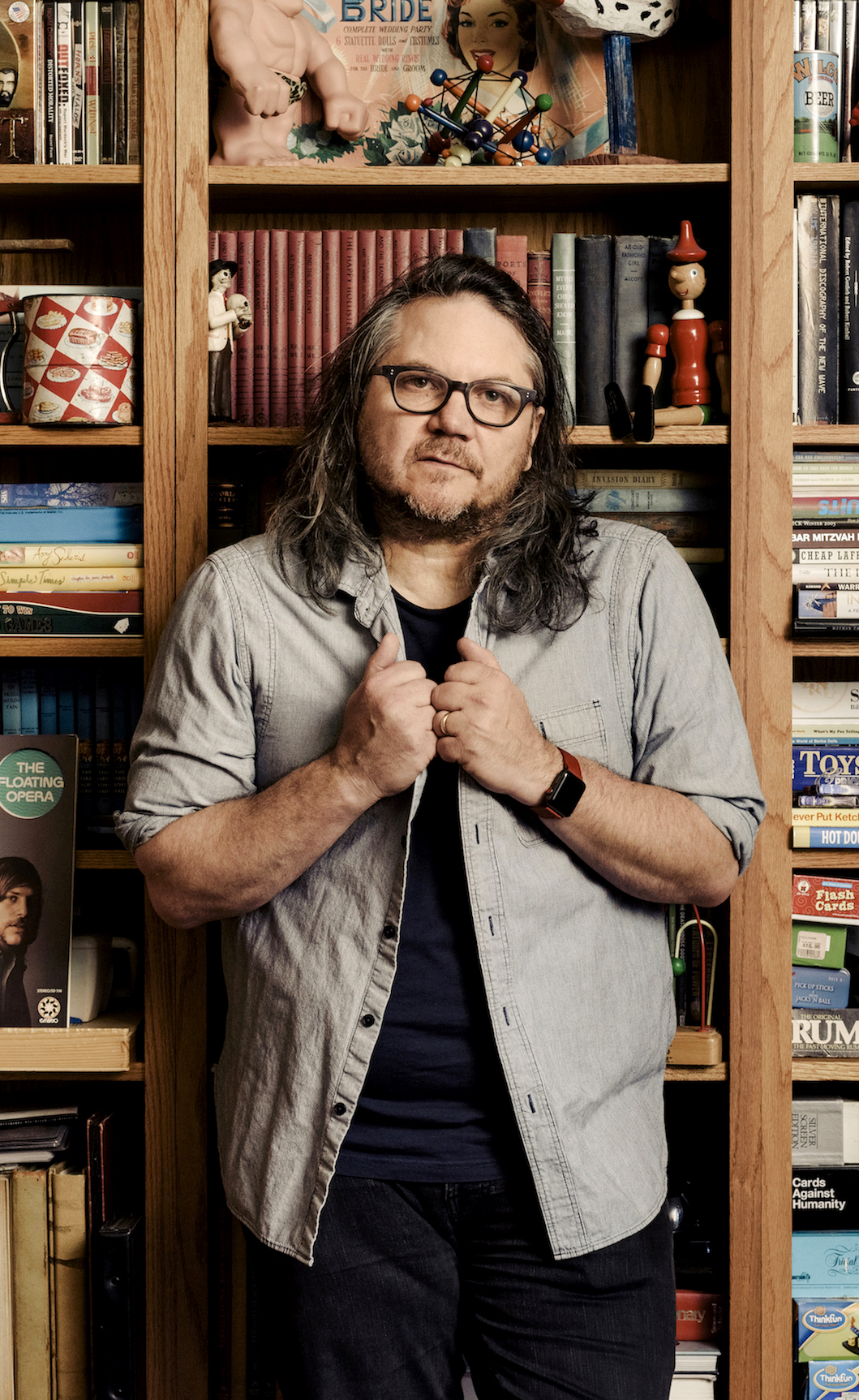
A free daily email with the biggest news stories of the day – and the best features from TheWeek.com
You are now subscribed
Your newsletter sign-up was successful
Jeff Tweedy, leader of the band Wilco, is releasing his first true solo album Nov. 30. His new memoir, Let's Go (So We Can Get Back) shares stories about his Illinois youth, his family today, and his three decades of making music.
Hunger by Knut Hamsun (1890).
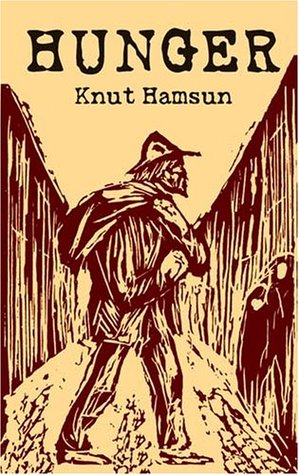
When I first encountered this novel, I felt I'd discovered a missing link between the old and modern world — like discovering that your grandparents smoked opium and intentionally listened to the Victrola at the wrong speed. I remember feeling relieved that my particular brand of alienation had some lineage.
The Week
Escape your echo chamber. Get the facts behind the news, plus analysis from multiple perspectives.

Sign up for The Week's Free Newsletters
From our morning news briefing to a weekly Good News Newsletter, get the best of The Week delivered directly to your inbox.
From our morning news briefing to a weekly Good News Newsletter, get the best of The Week delivered directly to your inbox.
Wittgenstein's Mistress by David Markson (1988).
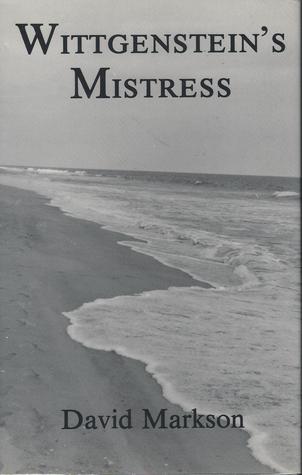
This book alternates between the fragmented musings of a woman who believes she is alone on Earth and the shards of literary and mythological memory that keep her company. Markson is an inspiration. He has a rare ability to write experimental fiction without sacrificing sentiment.
The Brief and Frightening Reign of Phil by George Saunders (2005).
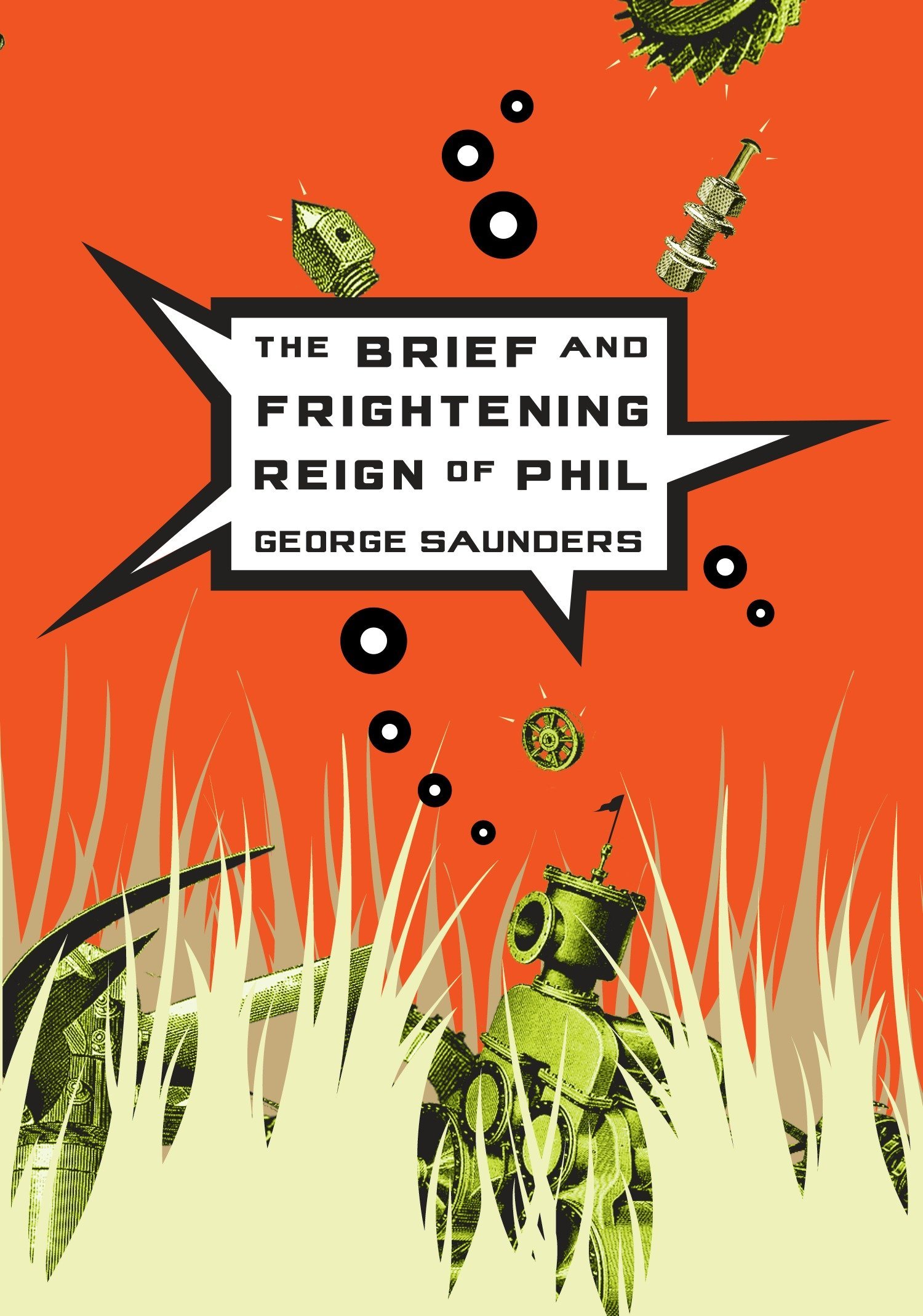
I have no idea how my friend George Saunders gets language to do the things he gets it to do, mixing internal and external dialogue while achieving a depth and accuracy I've never encountered in anyone else's writing. He makes even jargon sound soulful. Like the Robert Coover book below, this novella has an uncomfortably timely resonance.
A free daily email with the biggest news stories of the day – and the best features from TheWeek.com
Don Quixote by Miguel de Cervantes (translated by Edith Grossman).
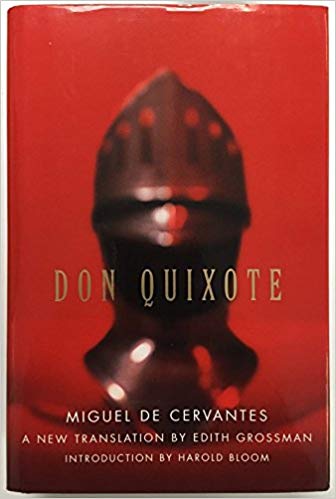
I've sometimes told people that if they want to understand what "rock and roll" means to me, they should read Don Quixote. Which is an unbelievably obnoxious thing to say and also something I stand by. Without Sancho Panza believing in or at least humoring his "liege," the magic evaporates. It feels incredible to suspend disbelief and subscribe to the world-changing spell cast by a rock song. What's wrong with that? Lots, probably. But life would suck without it.
The Public Burning by Robert Coover (1977).
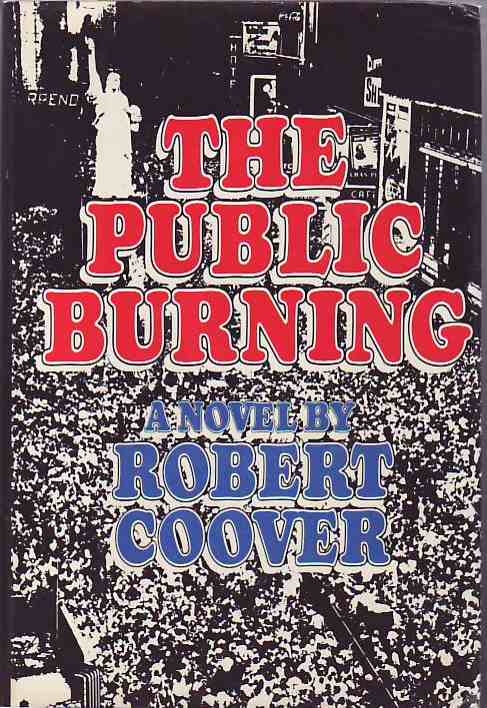
This is nightmarish historical fiction about the early atomic age — the execution of the Rosenbergs, specifically — and it features some of the bleakest humor. I wish reality didn't feel as if it were catching up with Coover's grotesque vision.
What It Is by Lynda Barry (2008).
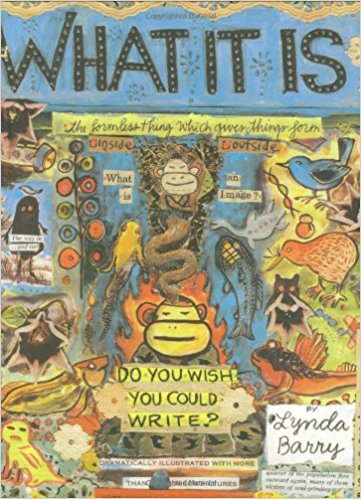
If you want to write or draw or just liberate yourself to make stuff without a judgmental a--hole of an observing ego, this book — organized like a grade-school workbook — is a great place to start. I keep it handy as a reminder that creativity often requires little more than staying out of one's own way.
-
 The ‘ravenous’ demand for Cornish minerals
The ‘ravenous’ demand for Cornish mineralsUnder the Radar Growing need for critical minerals to power tech has intensified ‘appetite’ for lithium, which could be a ‘huge boon’ for local economy
-
 Why are election experts taking Trump’s midterm threats seriously?
Why are election experts taking Trump’s midterm threats seriously?IN THE SPOTLIGHT As the president muses about polling place deployments and a centralized electoral system aimed at one-party control, lawmakers are taking this administration at its word
-
 ‘Restaurateurs have become millionaires’
‘Restaurateurs have become millionaires’Instant Opinion Opinion, comment and editorials of the day